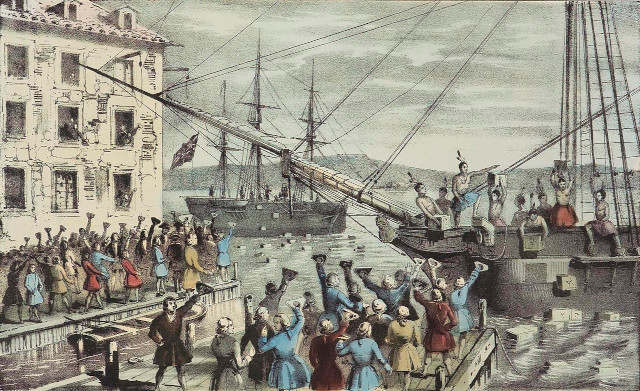1763-1783: Library of Congress
Until the end of the Seven Years' War in 1763, few colonists in British North America objected to their place in the British Empire. Colonists in British America reaped many benefits from the British imperial system and bore few costs for those benefits. Indeed, until the early 1760s, the British mostly left their American colonies alone. The Seven Years' War (known in the United States as the French and Indian War) changed everything. Although Britain eventually achieved victory over France and its allies, victory had come at great cost. A staggering war debt

 Excerpts from These Truths, pages 80-91:
Excerpts from These Truths, pages 80-91: